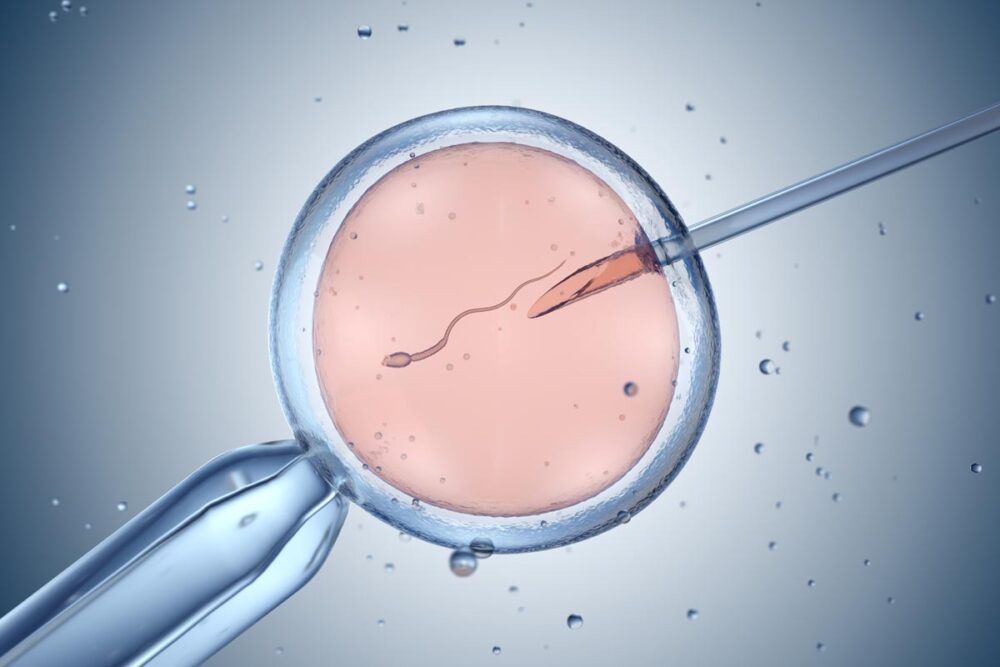Advertisment
Fertility treatments associated with increased risk of heart defects in newborns

Children conceived after a parental intervention with assisted reproductive technology such as in vitro fertization (IVF) have a 36% higher risk of having a major heart defect, researchers report.
The findings were published on Sept. 28, 2024 in the European Heart Journal.
“We already know that babies born after assisted reproductive technology have a higher risk of birth defects in general however, we have found a higher risk also in congenital heart defects, the most common major birth defect,” said lead investigator Professor Ulla-Britt Wennerholm from the University of Gothenburg in Sweden.
The investigators used data on all children born in Denmark between 1994 and 2014, all born in Finland between 1990 and 2014, all born in Norway between 1984 and 2015 and all born in Sweden from 1987 to 2015.
The total number was 7.7 million.
They extracted data on newborns who had been conceived with assisted reproductive technology including IVF, intracytoplasmic sperm injection (ICSI) and embryo freezing. They determined the number of liveborn children in each sub-group who were diagnosed with a major heart defect or with a serious heart defect either in the womb or in the first year of life.
They did likewise with newborns conceived without assisted reproductive technology.
They adjusted their findings for the newborn’s year of birth, country of birth, mother’s age at delivery, whether the mother smoked during pregnancy, whether the mother had diabetes or heart defects.
They reported that heart defects were 36% more common in newborns after the use of assisted reproductive technology compared to those who had been conceived without such treatment.
They reported that the risk was similar no matter what method of assisted reproduction had been used.
But they noted that the risk was higher in multiple births following assisted reproduction compared to singleton births following assisted reproduction (2.47% versus 1.62%).
In an accompanying editorial Dr Nathalie Auger from University of Montreal Hospital Research Centre in Canada and colleagues said, “Assisted reproductive technology is a popular intervention in reproductive medicine, with these procedures accounting for 2% to 8% of births depending on the country. While most neonates born after assisted reproductive technology are healthy, these procedures are not without risks. In one of the largest studies to date, the researchers found that assisted reproductive technology was associated with the risk of major heart defects diagnosed prenatally or up to one year of age.”
Wennerholm added, “The fact that the risk of heart defects is similar regardless of the type of assisted reproduction used may indicate that there is some common factor underlying infertility in parents and congenital heart disease in their babies.”





